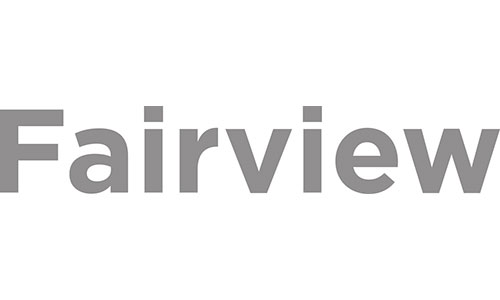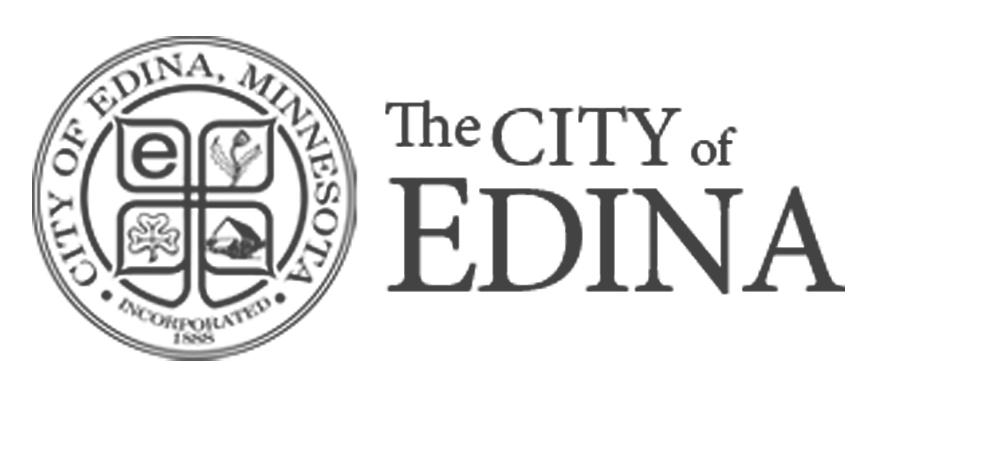An inbound marketing strategy involves a variety of different components. One of those components is your website. Exactly how important is your website to a content strategy? In this article, we’ll discuss exactly what the role of your website is and how you can optimize its effectiveness.
First Things First
Before we get into the details, let’s start with the basics: what exactly is content marketing? It’s not a new concept, but it is gaining new attention as a focus for online marketing. According to Google’s dictionary, content marketing is “a type of marketing that involves the creation and sharing of online material (such as videos, blogs, and social media posts) that does not explicitly promote a brand but is intended to stimulate interest in its products or services.” Content marketing is one element of the inbound marketing strategy which centers around attracting customers to your organization by providing timely, relevant content in the hopes that you can generate leads and convert those leads into customers.
Inbound Marketing Strategy
Blogging
According to Hubspot, “Inbound marketing starts with content. A blog is the single best way to attract new visitors to your website.” Publishing regular articles to your blog is an ideal way to make sure your online presence stays current and provides users with a reason to connect with you.
Content Strategy
The overall plan you have to provide relevant content to potential customers. In contrast to being designed with search engine technology in mind, content strategy puts the needs and interests of visitors first.
Social Media
Your activity on social media is more than just interacting with potential customers and building relationships with them, it also serves as a opportunity to promote the content you have created and getting that content in front of more eyes. You put a lot of effort into creating great content…spread the word!
At the Center of it All
If done right, your website forms the core of a content-based marketing strategy. Your blog, and all of the content you provide within it, is a direct part of your website. Outside of the articles you create for your blog, your website provides detailed information about your organization as well as the services and products you provide. Finally, as you promote the content you have worked so hard to create, your social media posts will point back to your website. Although social interactions contain content, it is just a glimpse of the content you have provided that will ultimately drive visitors to your main site. As you can see, your website is pivotal to a complete content strategy.




